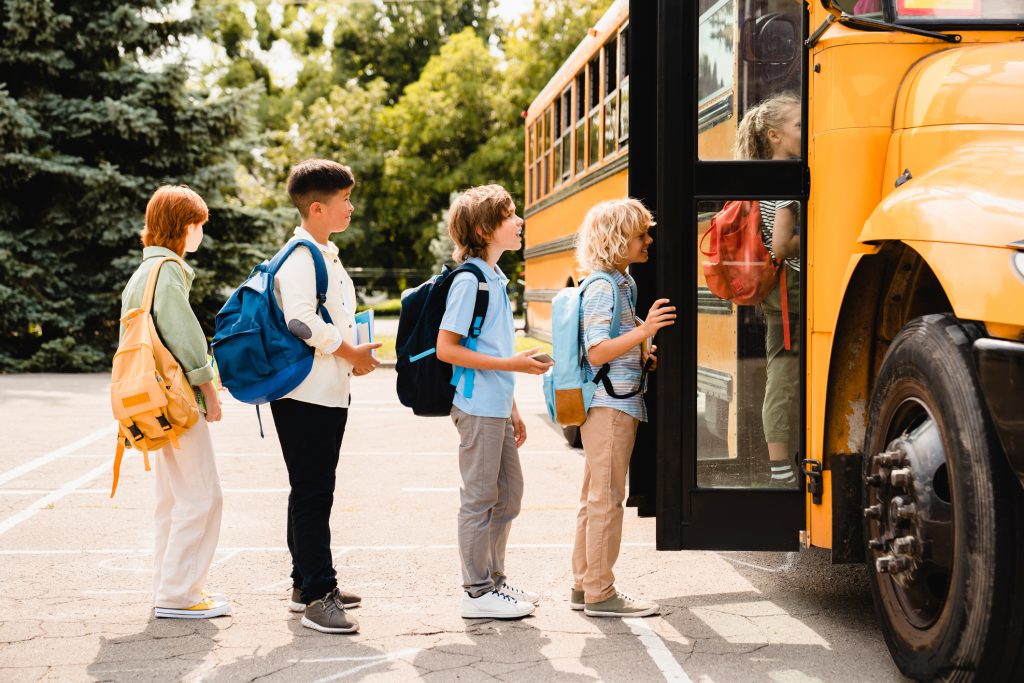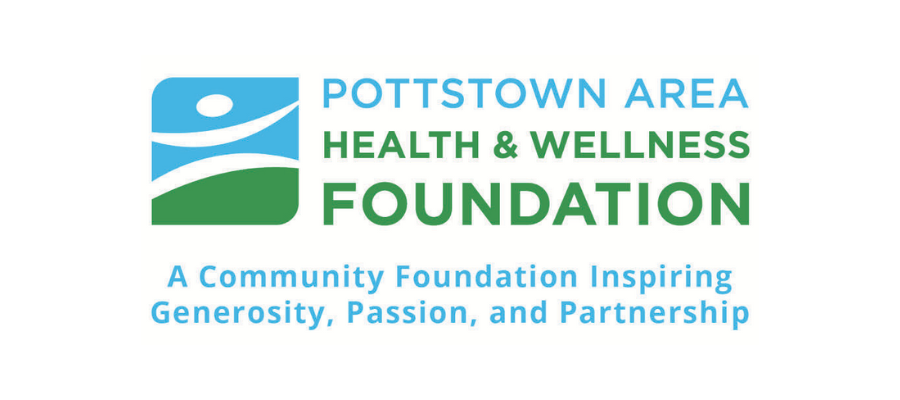Back to School Safety
Version 2022

We’ve learned much over the pandemic about the value of health. Experts agree one of the most important lessons gained is the benefit of in-person schooling. As kids of all ages return to the classroom this fall, Pottstown Area Health & Wellness Foundation shares tips for a healthier school year.
Back In-Person Action
It’s the first time in many months we don’t need to debate at-home learning for our students. Thankfully, global immunity has increased enough to allow kids to enter classrooms again. Although lingering worries and reluctance are understandable, we can breathe a bit easier by following these reminders.
Check in with Your Pediatrician
Be sure your child’s vaccinations are up to date. The pandemic caused many parents to delay well visits, which often include routine immunizations. Confirm your child’s protected with the latest needed vaccines.
If you’re still anxious about having your child vaccinated against COVID-19, speak with their physician. The American Academy of Pediatrics (AAP) recommends COVID-19 vaccination for everyone six months and older. As soon as eligible, kids should be fully vaccinated.
Ask questions. Get the answers you need to ensure your child’s health today and well into their future. Learn more from our previous article, “COVID-19 Vaccination for Young Children,” to help ease your mind.
Schedule a check-up to monitor their baseline health status for later reference. Many schools require this, including for sports participation. While making these additions to your kids’ records, update important contact information with the school nurse, coaches, and insurance companies.
More than ever, make thoughtful decisions when sending kids to school and play. Gone are the days when a sniffle could be shrugged off easily as allergies. Be honest with yourself. If your child does not feel well, keep them home—for their sake and that of others. Have a plan for those unexpected sick days. It’ll be that much easier to make the right decision.
Do a Reality Check
We may no longer be subjected to COVID-19 testing requirements at school. However, we must remain accountable to ourselves and children.
To Mask or Not to Mask
Although no longer required, masking still can be beneficial. Consider having your kids mask if they are unvaccinated, immunocompromised, or interact with individuals at high risk for COVID-19 complications. For those random sniffles that don’t merit absences, play it safe and don a mask.
Tried-and-True Is Still True
Good nutrition, consistent quality sleep, and physical activity strengthen the immune system to work at its peak. Keep sleep schedules consistent. It’ll take plenty of patience (and possibly a delay in your own sleep start-time). However, adequate rest is essential for growing bodies and brains.
Healthful snacks and meals don’t need to be expensive or involved. A little planning and prepping put nutritious options within a quick-grab’s reach. Teens especially benefit from this approach, saving them from the lure of fast food’s convenience.
Start young with screentime restrictions. Determine a healthy and acceptable amount of time for electronics, with an evolving plan. Offer plenty of other fun options. Include social activities to help kids get comfortable again with in-person interactions.
Monitor Behavior
As we return to “normal,” watch for signs of anxiety and depression. Society has dealt with a tremendous number of stressors. As a community, we need to look out for each other—and that starts in the home. Individuals of all ages may struggle as we emerge from the pandemic. Not everyone can proceed as boldly or quickly. However, it is our responsibility to ensure everyone takes the steps and makes the journey.k.
